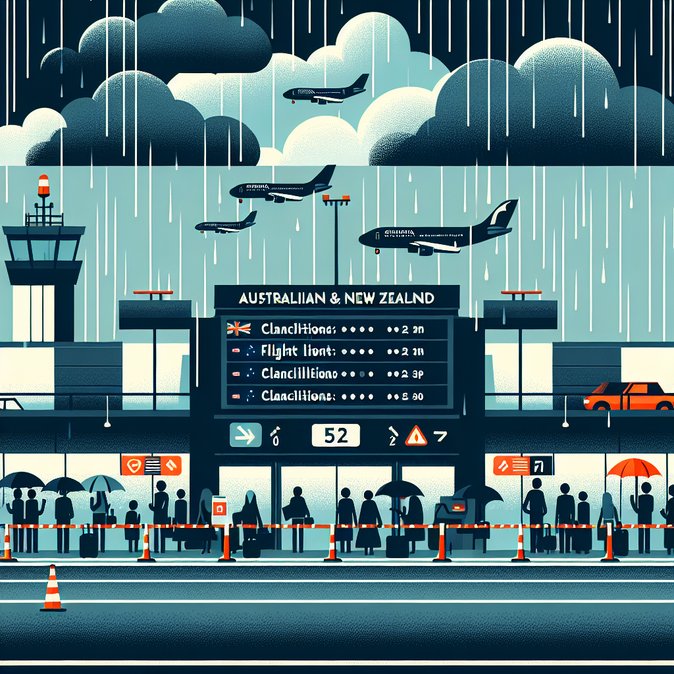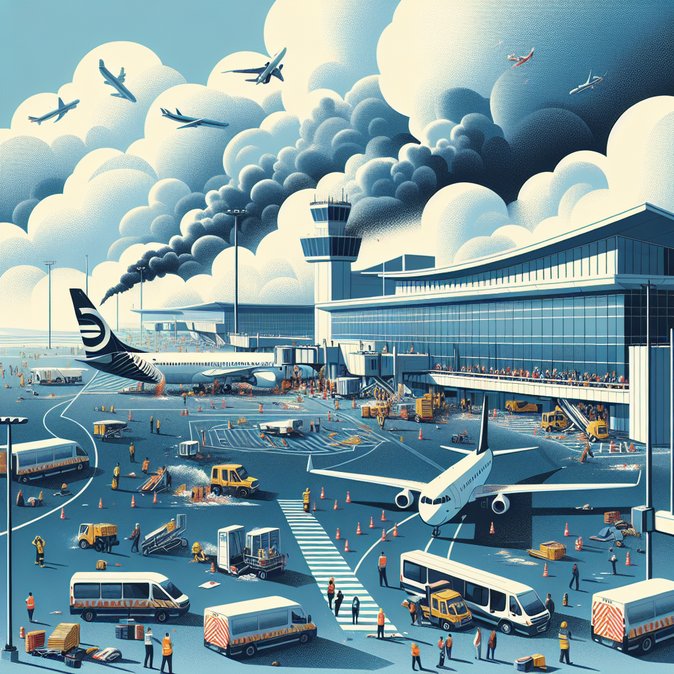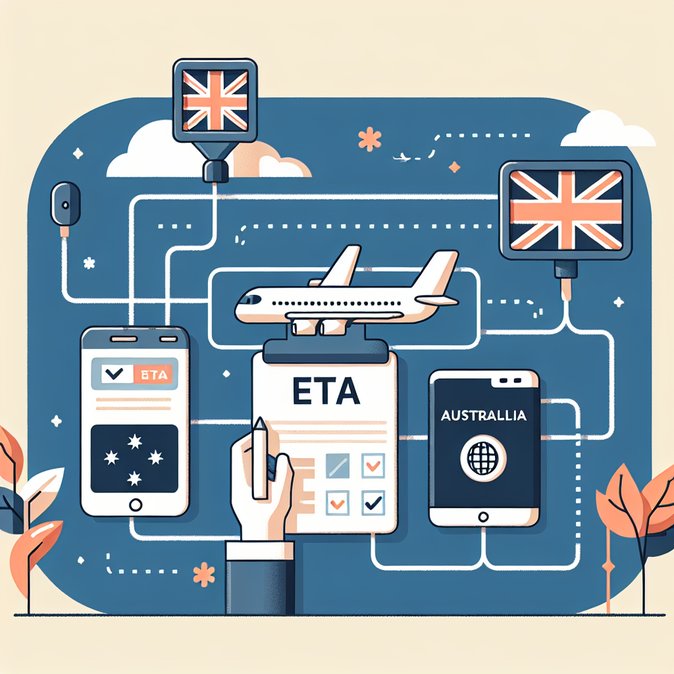
Travellers across Australia and New Zealand faced chaotic scenes on 25 November as a perfect storm of weather fronts, crew shortages and cascading aircraft rotations forced airlines to cancel more than 90 flights and delay another 672. Virgin Australia logged the highest delay rate at 34 per cent, while Brisbane and Sydney airports recorded over 150 and 130 delayed movements respectively.
Although the disruption was regional, the knock-on effects reached far-flung routes. Qantas and Jetstar were forced to re-time long-haul departures to Singapore and Honolulu after crews went ‘out of hours’, and Air New Zealand cancelled multiple trans-Tasman services, pushing capacity shortages into the busy pre-Christmas period.
![90 Cancellations, 672 Delays: Severe Flight Disruptions Hit Australia & New Zealand]()
For corporate mobility teams the immediate headache is duty-of-care: employees stranded overnight may breach maximum work-hour limits or over-stay visas if connecting to third-country destinations. Travel managers are advised to check airline re-booking waivers—which in many cases allow free changes until 27 November—and remind staff that Australian consumer law entitles them to meals and accommodation when delays are “within airline control”.
Airports are accelerating resilience measures. Brisbane Airport Corporation said it will fast-track installation of additional self-service kiosks before the school-holiday peak, while Melbourne is working with CASA to approve more flexible curfew exemptions for late-running international flights.
Analysts note that systemic staff shortages in ground-handling and air-traffic control mean weather events now trigger larger scale knock-ons than pre-pandemic. Until workforce pipelines stabilise, businesses should build greater schedule slack into assignment planning and avoid critical meetings within 24 hours of arrival.
Although the disruption was regional, the knock-on effects reached far-flung routes. Qantas and Jetstar were forced to re-time long-haul departures to Singapore and Honolulu after crews went ‘out of hours’, and Air New Zealand cancelled multiple trans-Tasman services, pushing capacity shortages into the busy pre-Christmas period.

For corporate mobility teams the immediate headache is duty-of-care: employees stranded overnight may breach maximum work-hour limits or over-stay visas if connecting to third-country destinations. Travel managers are advised to check airline re-booking waivers—which in many cases allow free changes until 27 November—and remind staff that Australian consumer law entitles them to meals and accommodation when delays are “within airline control”.
Airports are accelerating resilience measures. Brisbane Airport Corporation said it will fast-track installation of additional self-service kiosks before the school-holiday peak, while Melbourne is working with CASA to approve more flexible curfew exemptions for late-running international flights.
Analysts note that systemic staff shortages in ground-handling and air-traffic control mean weather events now trigger larger scale knock-ons than pre-pandemic. Until workforce pipelines stabilise, businesses should build greater schedule slack into assignment planning and avoid critical meetings within 24 hours of arrival.


